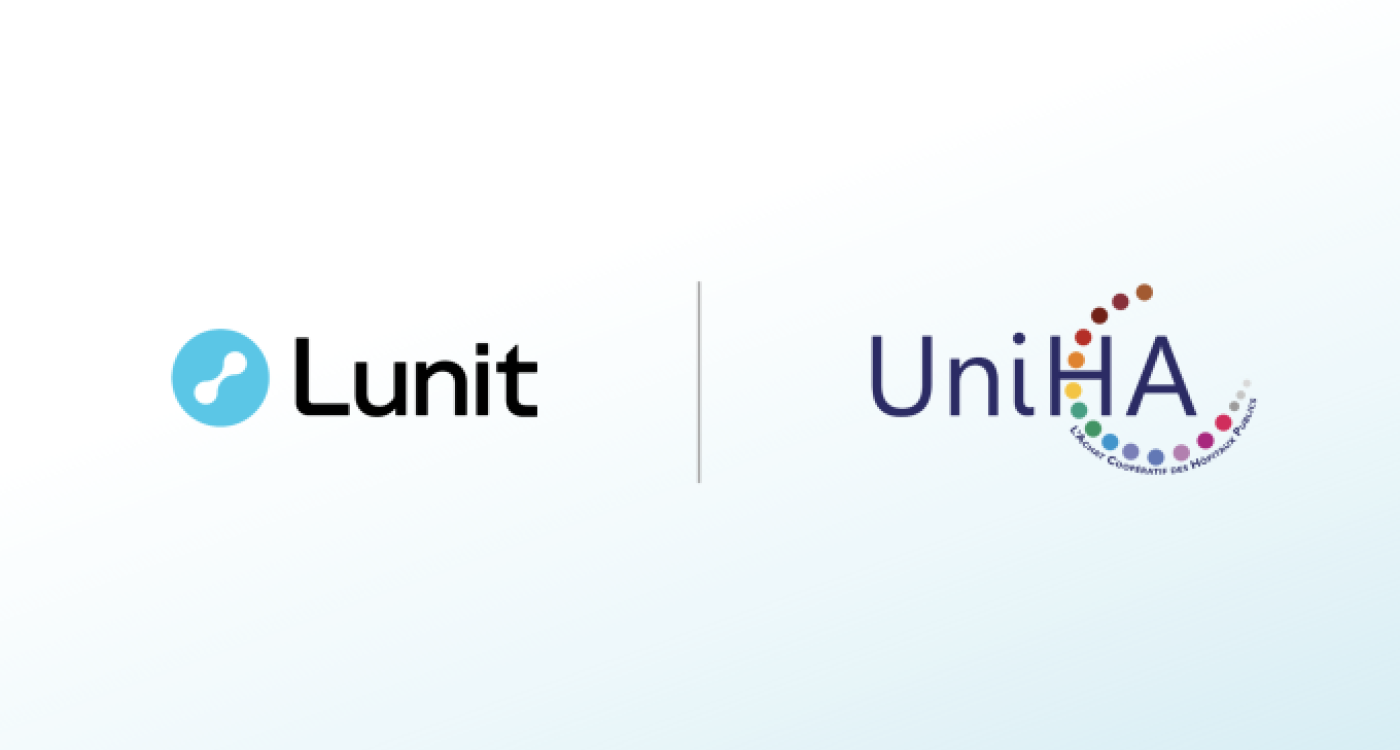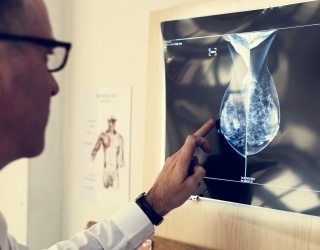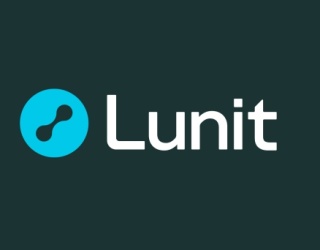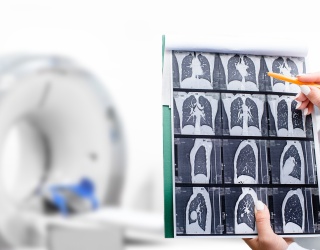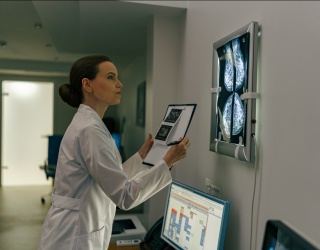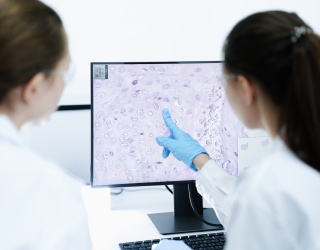Lunit (KRX:328130.KQ), a leading provider of AI for cancer diagnostics and therapeutics, announced that its breast imaging AI solutions Lunit INSIGHT® MMG and DBT have been selected under a national framework agreement by UniHA, France’s largest central procurement body for hospitals.
The four-year agreement grants access to Lunit’s technology across more than 1,500 public hospitals and 130 regional hospital groups, eliminating the need for individual tenders. Fujifilm will serve as the primary contractor.
Strengthening Breast Cancer Screening
“We are seeing growing interest from institutions in our network in AI solutions for mammography. It is in this context that we launched this call for tenders, accompanied by demanding technical specifications. Our goal is to guarantee the public sector access to the best technologies available on the market, under conditions that are fair to those of the private sector,” said Bertrand Lepage, Head of the Biomedical Engineering Program at UniHA.
For Lunit, the win marks a major step in France, where domestic vendors have traditionally dominated the breast imaging AI market. “Being selected under this national framework opens the door for Lunit to scale our AI solutions across France’s public hospitals like never before,” said Brandon Suh, CEO of Lunit. “Winning this competitive tender, in collaboration with our long-standing partner Fujifilm, underscores our proven value in breast cancer screening and reinforces our credibility in one of Europe’s most strategic markets.”
Clinical Value Recognized
Dr. Eric Kamus, radiologist at Lille University Hospital, shared his experience: “I’ve been practicing breast imaging since the 1980s, and I now rely on Lunit as a safety net—always focused, never fatigued, and remarkably accurate. It helps maintain maximum concentration during high-volume private practice and busy hospital shifts alike. More importantly, it brings peace of mind to patients when they know an AI system is also reviewing their images—especially in a field as emotionally sensitive as breast cancer.”

